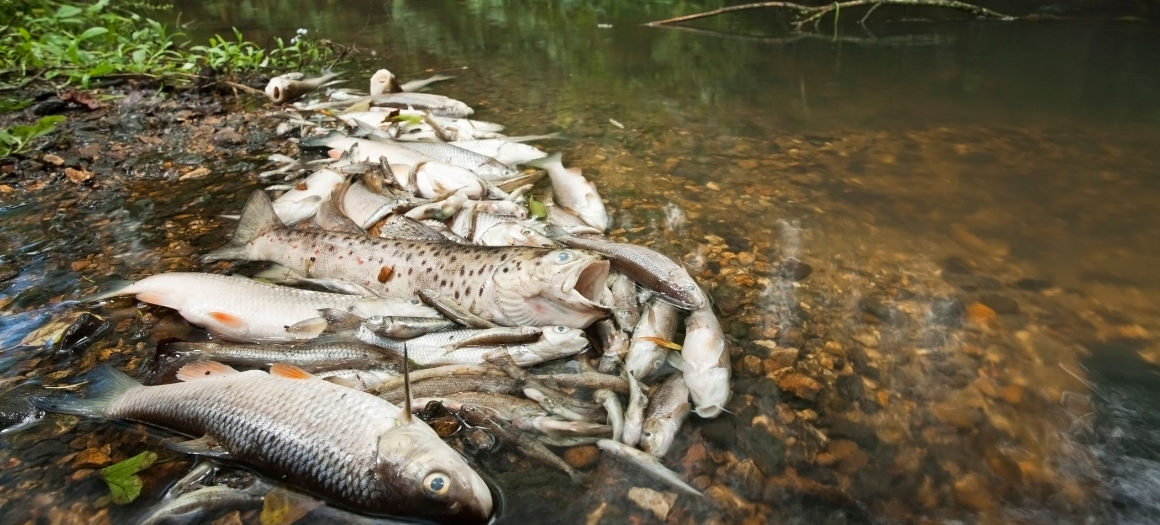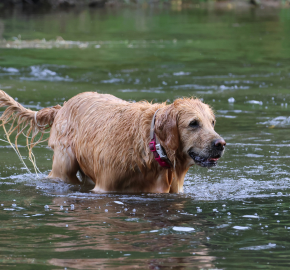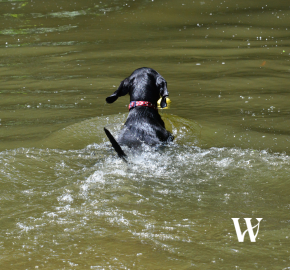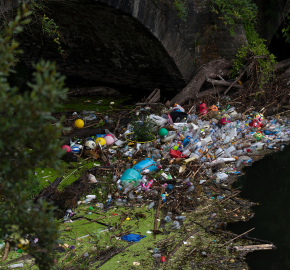Biocides: Are we about to see the protection of British rivers from harmful toxic chemicals handed over to ‘foreign jurisdictions’?

Britain’s rivers are being poisoned by a cocktail of chemicals, including pesticides and veterinary medicines. So, as we recently announced, WildFish is turning its sights on the damage caused to rivers by residues of veterinary medicines and plant protection products (PPPs) – those herbicides, fungicides and insecticides used in farming.
Allied to those two groups is a third, lesser-known group of products – the biocides.
These are the products used to preserve goods and kill pests, such as wood preservatives and chemicals used to kill rodents, wasps or cockroaches.
They often have the very same active ingredients as veterinary medicines or pesticides used in farming (herbicides, insecticides and fungicides).
Most importantly, the chemicals they contain can be very persistent and highly toxic to aquatic life, so when they get into rivers, they can cause terrible harm to invertebrates and fish. And there is increasing evidence that rivers in Great Britain are contaminated with these chemicals.
However, in an ‘under the radar’ consultation exercise, the Health and Safety Executive (HSE), which regulates the approval of biocides in Great Britain is now proposing that if a biocide or a biocidal product is authorised for use in foreign jurisdictions (such as the EU, USA or Japan), it would automatically be authorised in Great Britain.
There is a huge issue here of public participation.
The effective approval of highly toxic chemicals should simply not be delegated to foreign jurisdictions in this way, leaving the British public with no opportunity to say whether it wants them or not, and with no effective recourse to stop damage being caused to GB rivers by such products.
And we would have no right to know how toxic these chemicals are to aquatic ecosystems. All relevant ecotoxicological data would be held overseas, out of the reach of the UK Freedom of Information Act 2000 and the Environmental Information Regulations 2004.
The HSE is also proposing to remove time limits and expiry dates on biocide authorisations. So once authorised or approved for use by a foreign jurisdiction, biocides would effectively be authorised for use in Great Britain forever.
So, we need your help. Follow the link below to email the Health and Safety Executive and help stop dangerous changes to how biocides are approved and authorised in Great Britain. It only takes 30 seconds.
Take Action
The consultation runs until 18 August 2025.
The Issues Explained
We have several concerns about the proposed changes, including:
- They assume that the foreign approval and authorisation processes are and would remain adequate to protect rivers, lakes and streams in Great Britain.
- They assume that patterns of biocide use in Great Britain, and the quantities of biocidal products likely to be used, will be considered by foreign regulators when granting approvals and authorisations.
- They remove any chance of the Great British public participating in the authorisation and approval of biocides and biocidal products. By delegating this to foreign jurisdictions, the British public (and WildFish) will have no opportunity to object to some very nasty chemicals being used in Great Britain and will have no effective recourse to challenge through the UK Courts where that becomes necessary to protect rivers, lakes and streams.
- By ‘offshoring’ the approval process to foreign jurisdictions, the underlying ecotoxicological data used to approve these products will be out of reach of the UK’s Freedom of Information Act 2000 and the Environmental Information Regulations 2004. The Great British public (and WildFish) won’t have any right to ask to see the data.
- By making authorisations permanent, there will be far fewer checks made after a product is authorised to be sure it remains safe for the environment. If we have learned anything, it is that many of these toxic chemicals, which we thought were safe to use at first, turn out to have unexpected and nasty consequences for the environment.




